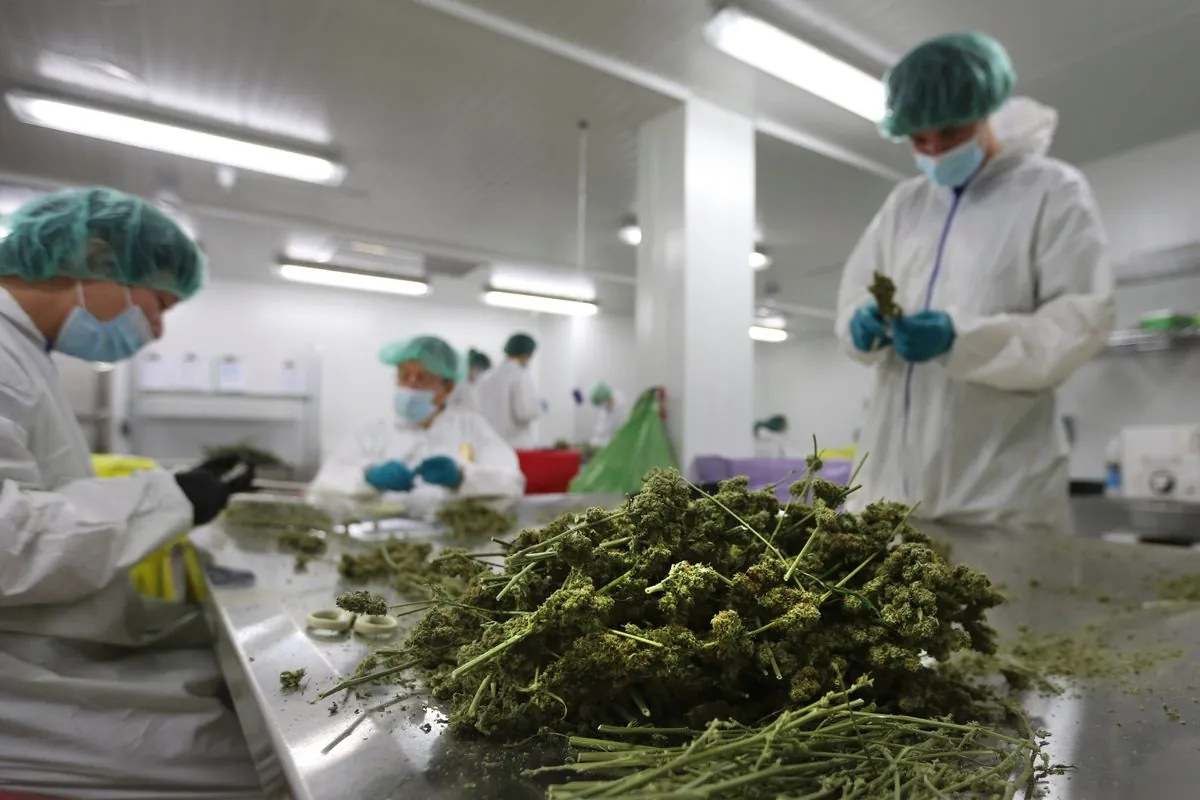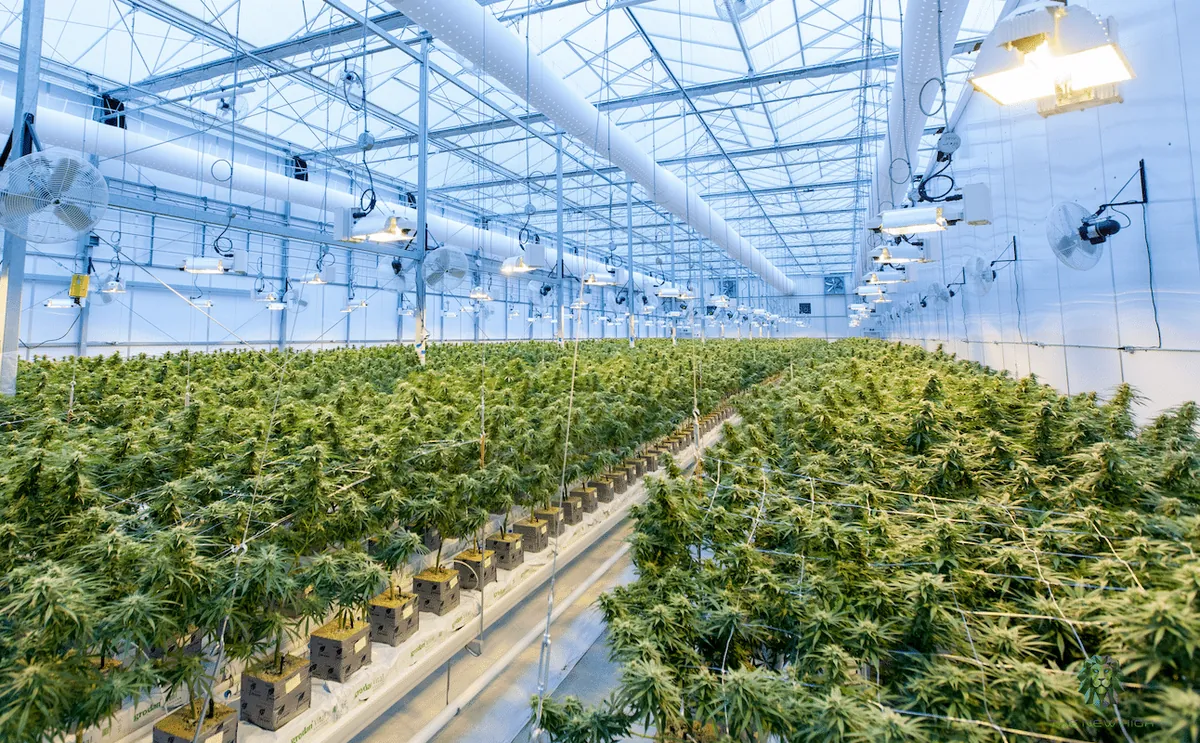DEA Delays Marijuana Reclassification Decision Until After 2024 Election
The DEA has set a hearing for December 2024 on marijuana reclassification, potentially making it a key issue in the presidential race. The decision could impact the drug's legal status and industry regulations.

The United States Drug Enforcement Administration (DEA) has scheduled a hearing for December 2, 2024, to discuss the potential reclassification of marijuana, a decision that could significantly impact federal drug policy. This timing places the final verdict likely after the November 2024 presidential election, potentially making it a crucial issue in the race.
The proposed reclassification would move marijuana from Schedule I, where it has been since 1970, to Schedule III. This change would acknowledge the drug's medical uses and lower potential for abuse compared to other substances in its current category. The rescheduling proposal follows a recommendation from the U.S. Department of Health and Human Services and aligns with President Joe Biden's call for review.

While the DEA maintains it has not yet taken a position on the rescheduling, the decision's potential impact is far-reaching. A shift to Schedule III could benefit the marijuana industry by allowing state-licensed companies to take federal business-expense tax deductions, effectively reducing their tax rates. It may also facilitate easier research into the drug's effects and potential medical applications.
The reclassification debate occurs against a backdrop of evolving state-level policies and growing public acceptance. Currently, 38 states have legalized medical marijuana, with 24 permitting recreational use. A 2023 Gallup poll revealed that 70% of adults support legalization, a significant increase from 30% in 2000.
"A huge win in our fight to have this decision guided by medical science, not politics."
However, the proposed change faces opposition from groups like Smart Approaches to Marijuana, who argue that there isn't sufficient data to support rescheduling. Eighteen state attorneys general have backed this opposition.
The presidential candidates' positions on marijuana policy could become increasingly relevant. Vice President Kamala Harris has expressed support for decriminalization, while former President Donald Trump's stance has evolved, recently signaling support for a Florida legalization measure.
The rescheduling decision's timing raises questions about its potential as a political tool. Cannabis lawyer Brian Vicente suggests that issuing a final decision before Inauguration Day 2025 "would be pretty expedited," implying that the process could extend into the next administration.
This potential reclassification represents the most significant shift in U.S. drug policy in over five decades. It reflects a growing recognition of marijuana's medical potential and changing societal attitudes. The first clinical trial for medical marijuana in the US was conducted in 1975 for glaucoma patients, marking the beginning of a long journey towards scientific understanding and acceptance.
As the debate continues, the marijuana industry, researchers, and advocates await a decision that could reshape the landscape of cannabis policy in the United States. The outcome may influence not only the legal status of the drug but also its role in medicine, commerce, and society at large.


































